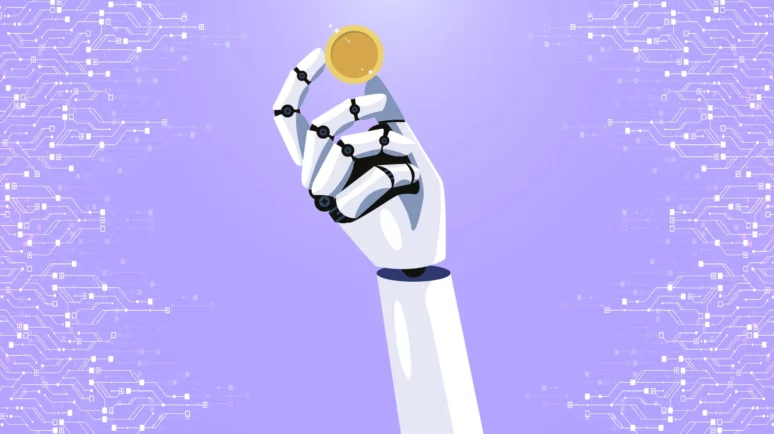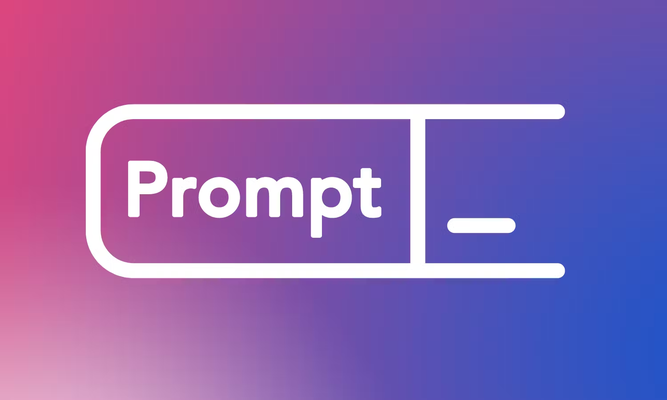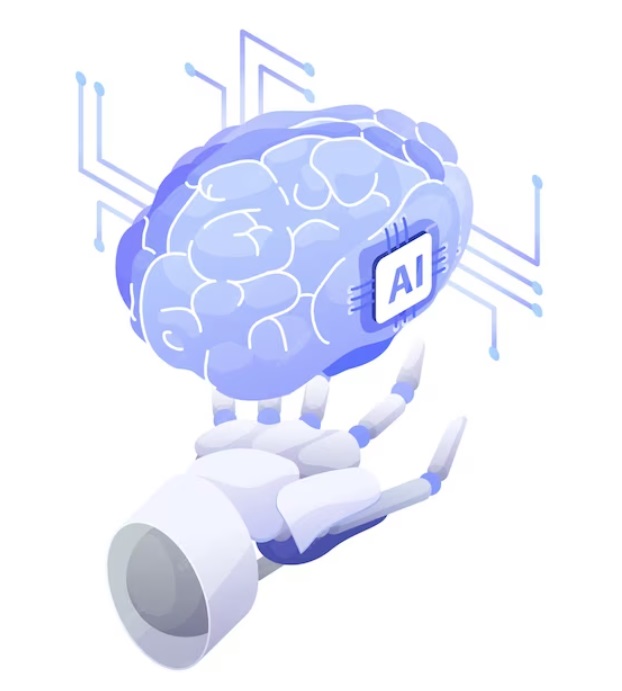· 3 min read
Tokens, what are they?
Understanding tokens, how they are calculated and how they influence costs.

What is a Token in Artificial Intelligence? A Simple Guide
When you hear the term “token” in the context of artificial intelligence (AI) and large language models (LLMs), it refers to a fundamental concept that helps these systems understand and process language. In this post, we’ll explain what a token is in simple terms and how it’s used in AI.
What is a Token?
In the realm of AI, particularly in language processing, a token is a piece of text that has been broken down into smaller parts. These parts can be words, phrases, or even characters. Here’s a simple breakdown:
**Example**: If we take the sentence "God is love," it can be split into the following tokens: ["God", "is", "love"]. Each of these parts is a token.
Tokens are essential because they allow AI models to analyze and understand text more effectively. By breaking down sentences into tokens, the AI can process language in a way that makes it easier to generate responses, understand context, and perform various language tasks.
Tokenization Process
The process of creating tokens is known as tokenization. Here’s how it works:
Start with a Sentence: Begin with a piece of text, like “Jesus taught us to love one another.”
Tokenization Process: The text is split into tokens based on certain rules, such as spaces and punctuation.
Count the Tokens: After tokenization, you can count how many tokens there are. In our example, “Jesus taught us to love one another” has 8 tokens: [“Jesus”, “taught”, “us”, “to”, “love”, “one”, “another”].
Average Token Count
On average, a piece of text containing about 750 words will use approximately 1000 tokens. This ratio is important because it helps us understand how AI models process language. For instance, if you were writing a Christian-themed article that discusses the importance of faith, prayer, and community, it might contain around 750 words, which would break down into roughly 1000 tokens when processed by an AI.
Why Do Tokens Matter?
Tokens are crucial for AI models because they help the system understand the structure and meaning of language. The more effectively a model can tokenize and process text, the better it can perform tasks like translation, summarization, and conversation.
For example, if an AI model is trained on Christian texts, it can better understand phrases like “love thy neighbor” or “faith as small as a mustard seed” by breaking them down into tokens. This allows the AI to generate more relevant and context-aware responses when discussing topics related to Christianity.
Cost Implications of Tokens
It’s important to note that the number of tokens used in a prompt or output can directly impact the cost of using AI platforms. Many AI services charge based on the number of tokens processed. This means that the higher the token count, the more it may cost to generate responses or analyze text.
For instance, if you have a longer piece of text that contains around 750 words (approximately 1000 tokens), the cost associated with processing that text will be higher than for a shorter text with fewer tokens. Therefore, when using AI for tasks like generating Christian-themed content or answering questions about faith, it’s essential to be mindful of the token count to manage costs effectively.
Challenges with Tokenization
While tokenization is a powerful tool, it also comes with challenges. For example, different languages and dialects may have unique tokenization rules. For instance, the way tokens are created in English might differ from how they are created in other languages, which can affect the performance of AI models trained primarily on English text.



